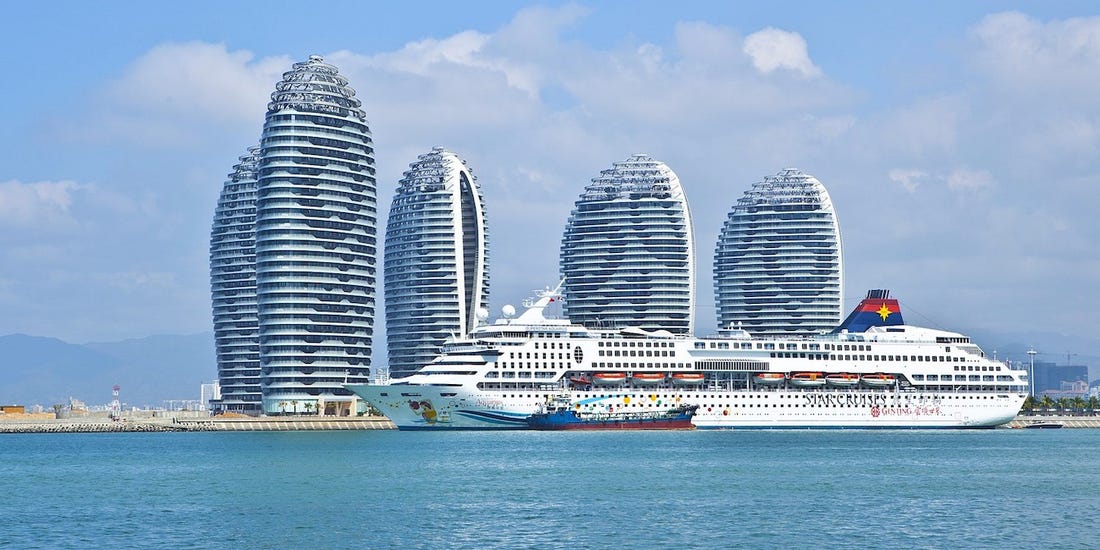
Lucio Blanco Pitlo III, President of Philippine Association for Chinese Studies, and Research Fellow at Asia-Pacific Pathways to Progress Foundation
Apr 29, 2021
With the Regional Comprehensive Economic Partnership (RCEP) expected to take effect next year, China steps up building its first free trade port in Hainan. It shows how Beijing is preparing to capitalize and contribute to the success of the world’s largest free trade agreement (FTA).
Zhang Yun, Professor, School of International Relations, Nanjing University
Sep 18, 2020
The integrated bloc means an improved strategic environment to China’s south. Among other things, war has been eliminated and two-way economic ties have become closer. As a result, ASEAN has become China’s largest trading partner, eclipsing the European Union.
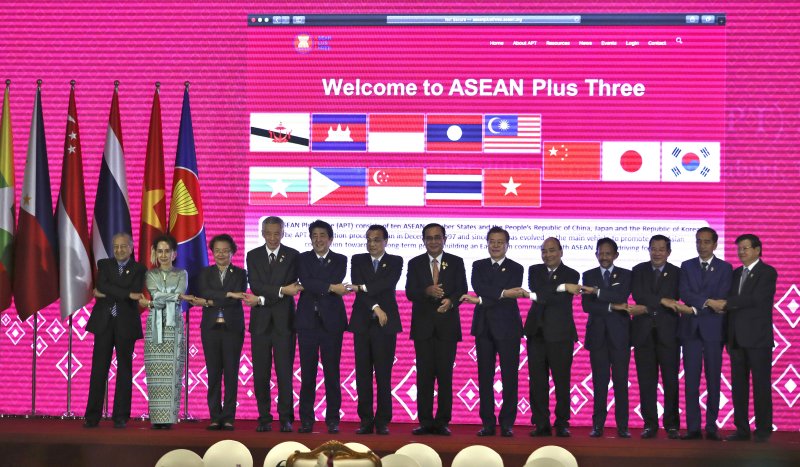
Du Lan, Deputy Director at Asia-Pacific Institute, China Institute of International Studies
Nov 19, 2019
While ASEAN countries remain reliant on the United States for defense, they don’t want to be part of any U.S.-led encirclement of China because they fear their interests could be harmed and their neutrality challenged.
Richard Javad Heydarian, Professorial Chairholder in Geopolitics, Polytechnic University of the Philippines
Sep 17, 2019
ASEAN’s best strategy for keeping China’s revisionist ambitions at bay and preserving maximum room for strategic maneuver is to engage the USA.
Luo Liang, Assistant Research Fellow, National Institute for South China Sea Studies
Aug 26, 2019
From trade tension between South Korea and Japan to China’s positive outlook, the topics discussed at the most recent ASEAN Foreign Ministers’ Meeting spanned a variety of affairs. With the growing importance of the ASEAN region in global politics, it is important to analyze and understand the group’s discussions.
Peng Nian, Director of Research Centre for Asian Studies, China
Aug 09, 2019
The negative consequences of U.S. involvement with Mekong countries are real but limited. The U.S. has the potential to continue to fuel tension over issues such as water resources in the region.
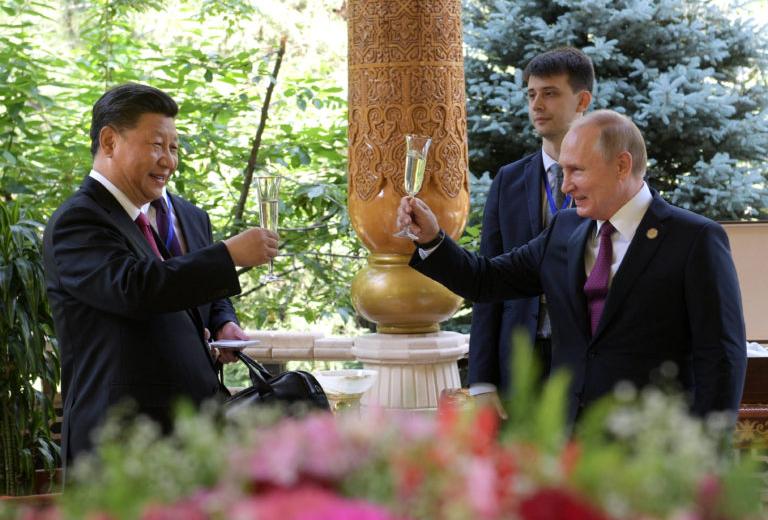
David Shambaugh, Gaston Sigur Professor and Director of China Policy Program at George Washington University, Distinguished Visiting Fellow at Hoover Institution of Stanford University
Jun 26, 2019
Just as U.S.-China competition will be a longstanding feature in international relations over the coming decade(s), a China-Russia axis to counter the United States will remain a core feature of global geopolitics.
Lucio Blanco Pitlo III, President of Philippine Association for Chinese Studies, and Research Fellow at Asia-Pacific Pathways to Progress Foundation
May 08, 2019
Warming political ties over the past three years are beginning to produce economic and security dividends for both China and the Philippines. However, low public trust in China may not easily dissipate.
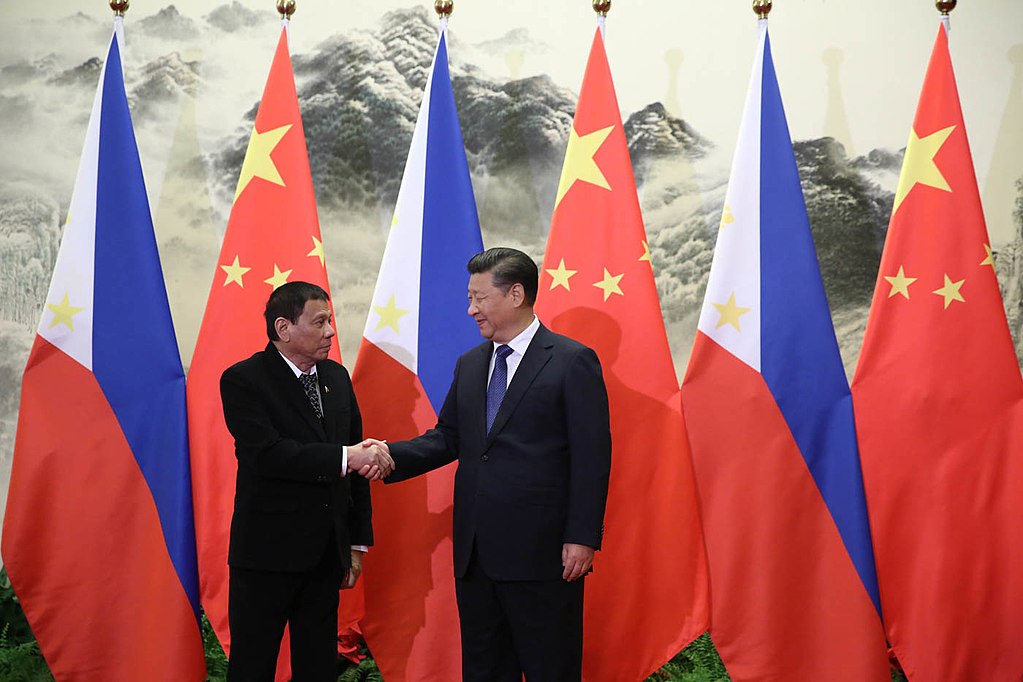
Luo Liang, Assistant Research Fellow, National Institute for South China Sea Studies
Sep 10, 2018
China is cooperating well with other countries in the South China Sea.
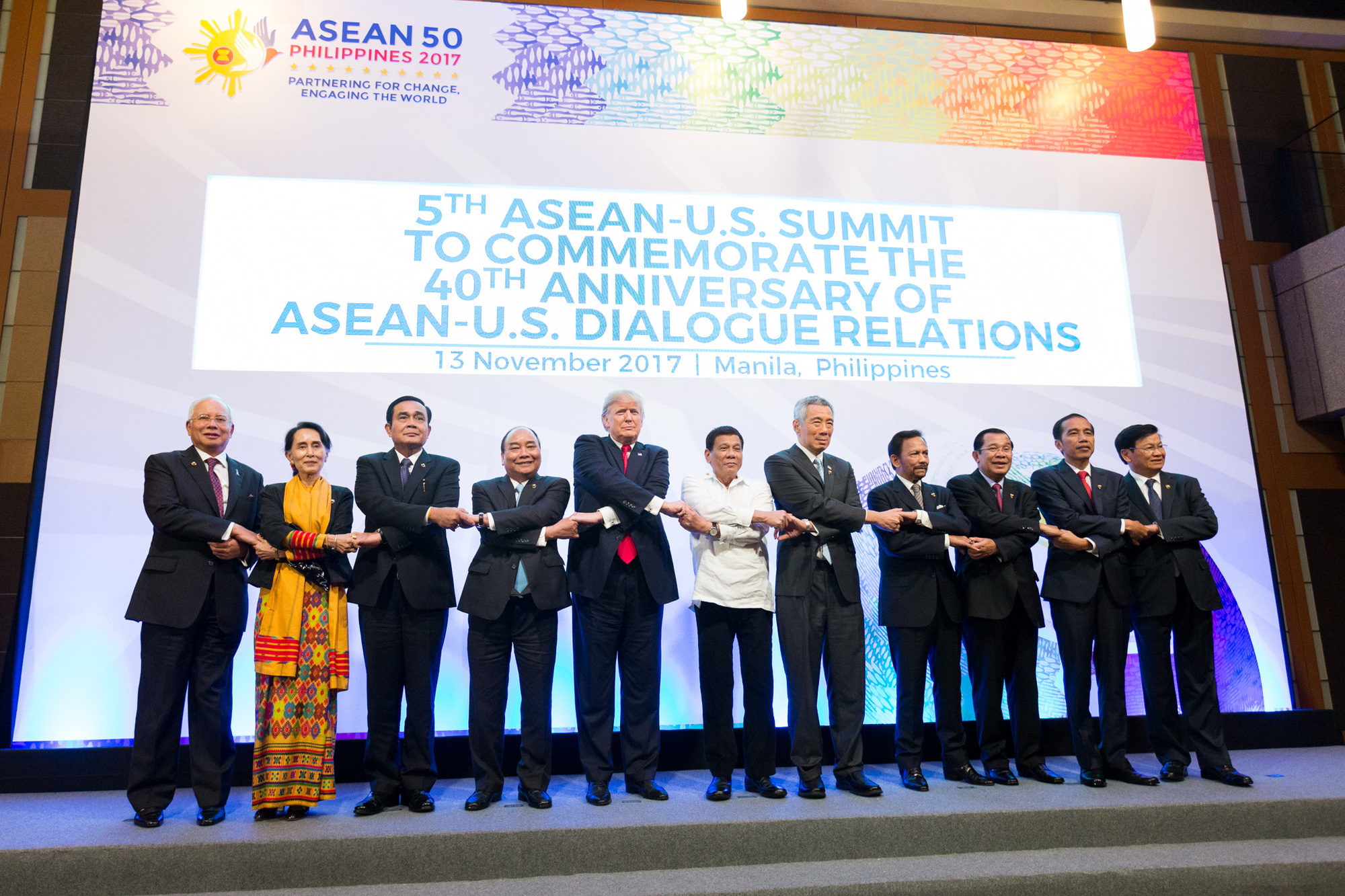
Richard Javad Heydarian, Professorial Chairholder in Geopolitics, Polytechnic University of the Philippines
Aug 13, 2018
Over the past few weeks, both the United States and China have been engaged in a high-velocity diplomatic campaign to effectively box each other out of Southeast Asia.
Back to Top

- China-US Focus builds trust and understanding between the U.S. and China through open dialogue among thought leaders.
- Our Offerings
- Topics
- Videos
- Podcasts
- Columnists
- Research Reports
- Focus Digest
- Stay Connected
-
Thanks for signing up!
- Get the latest stories from China-US Focus weekly.